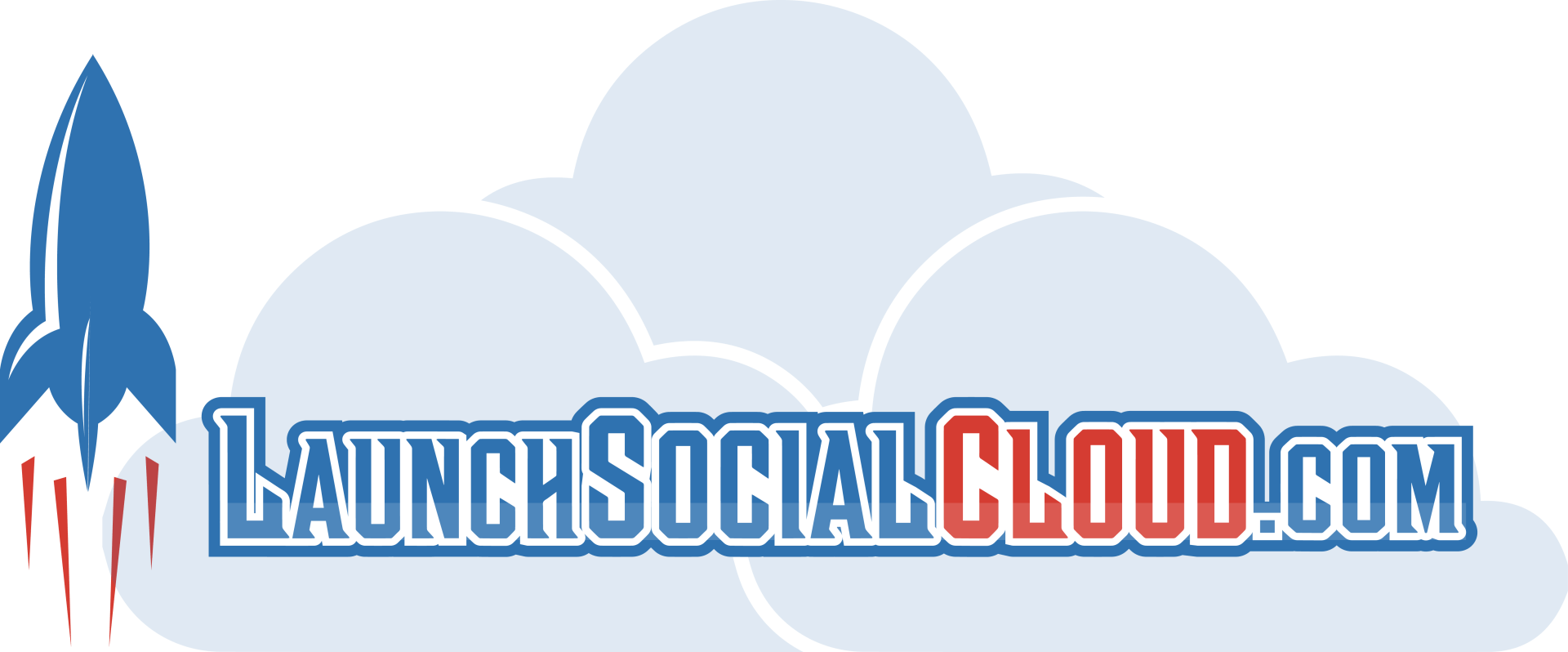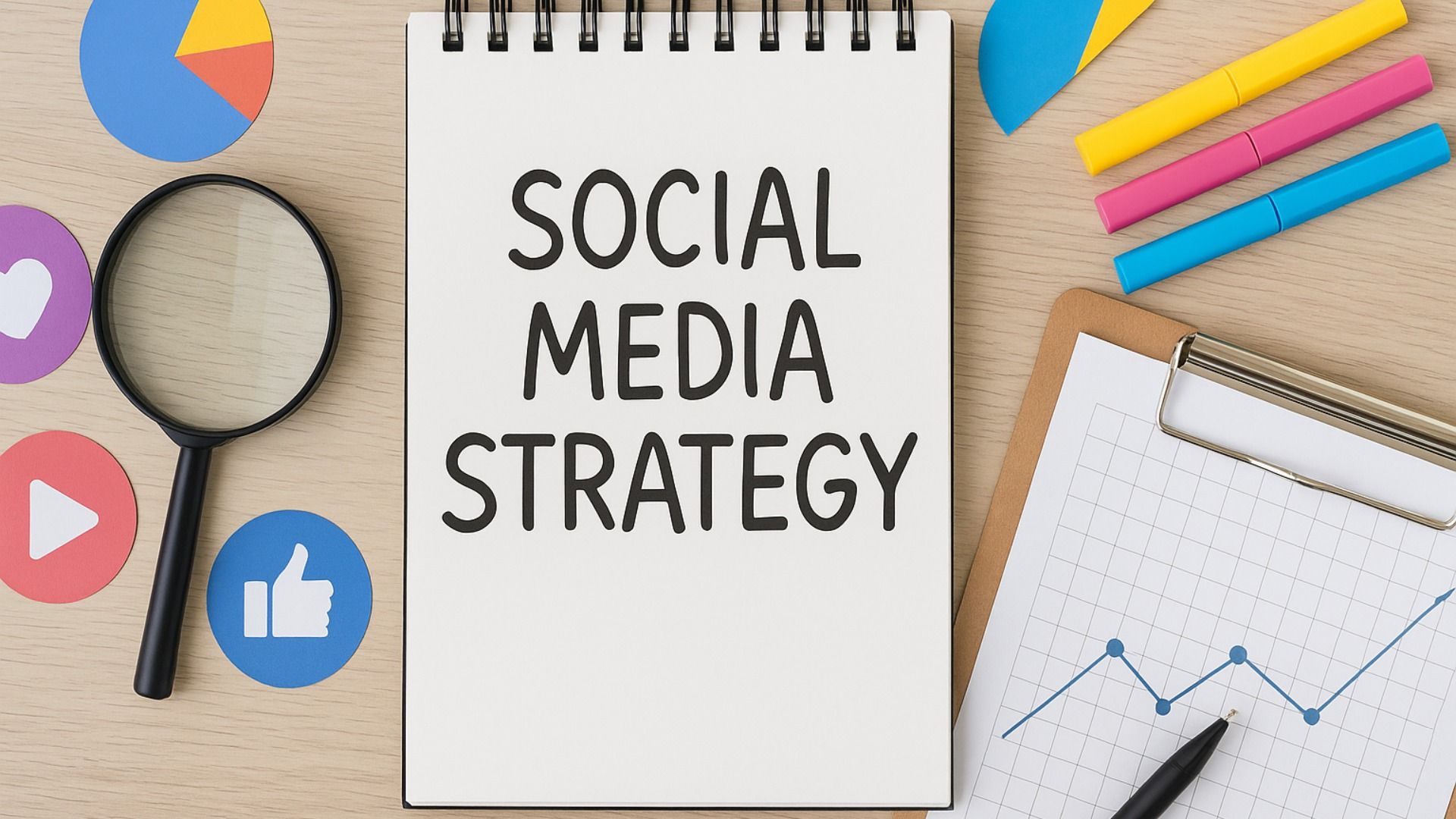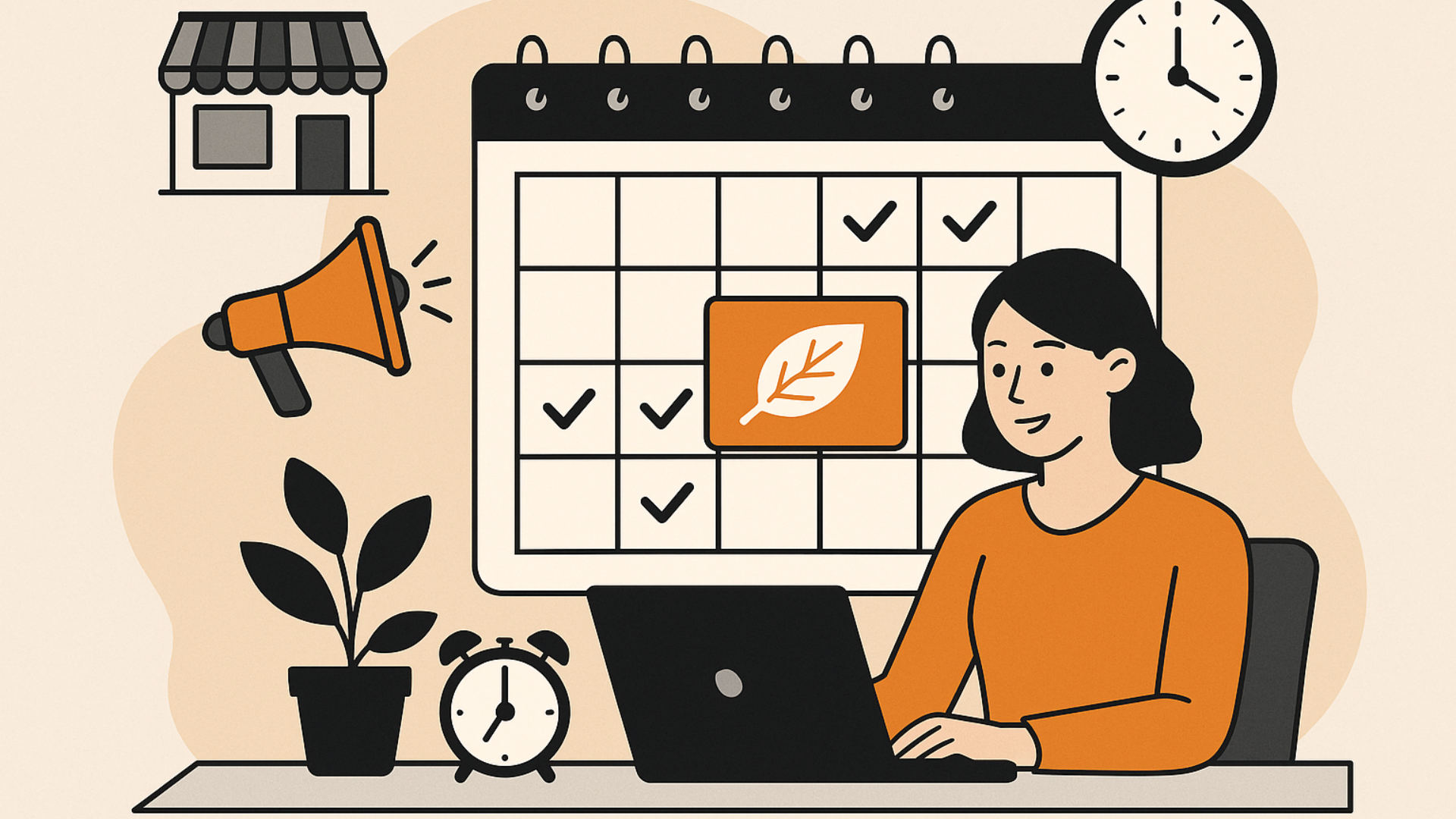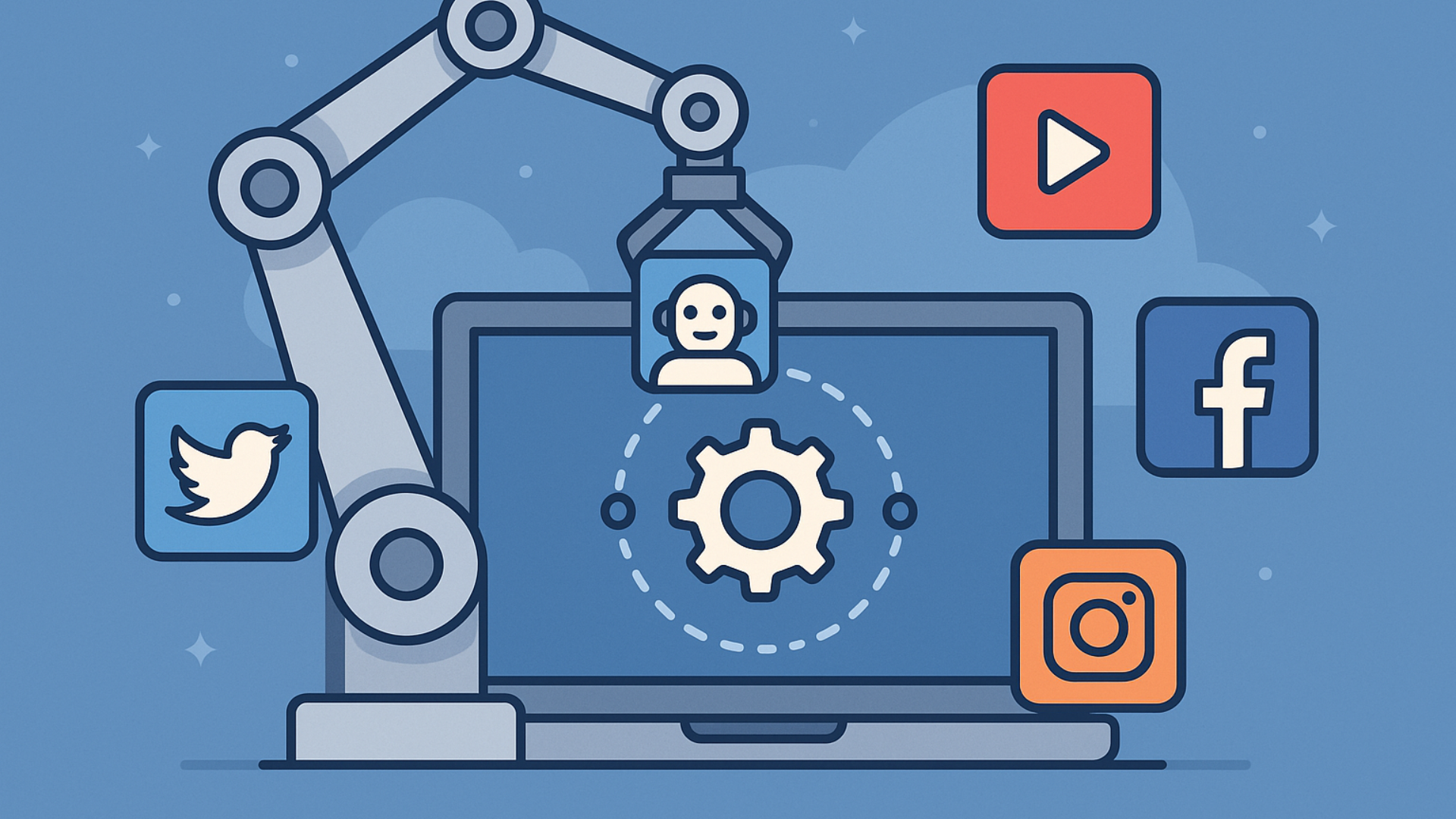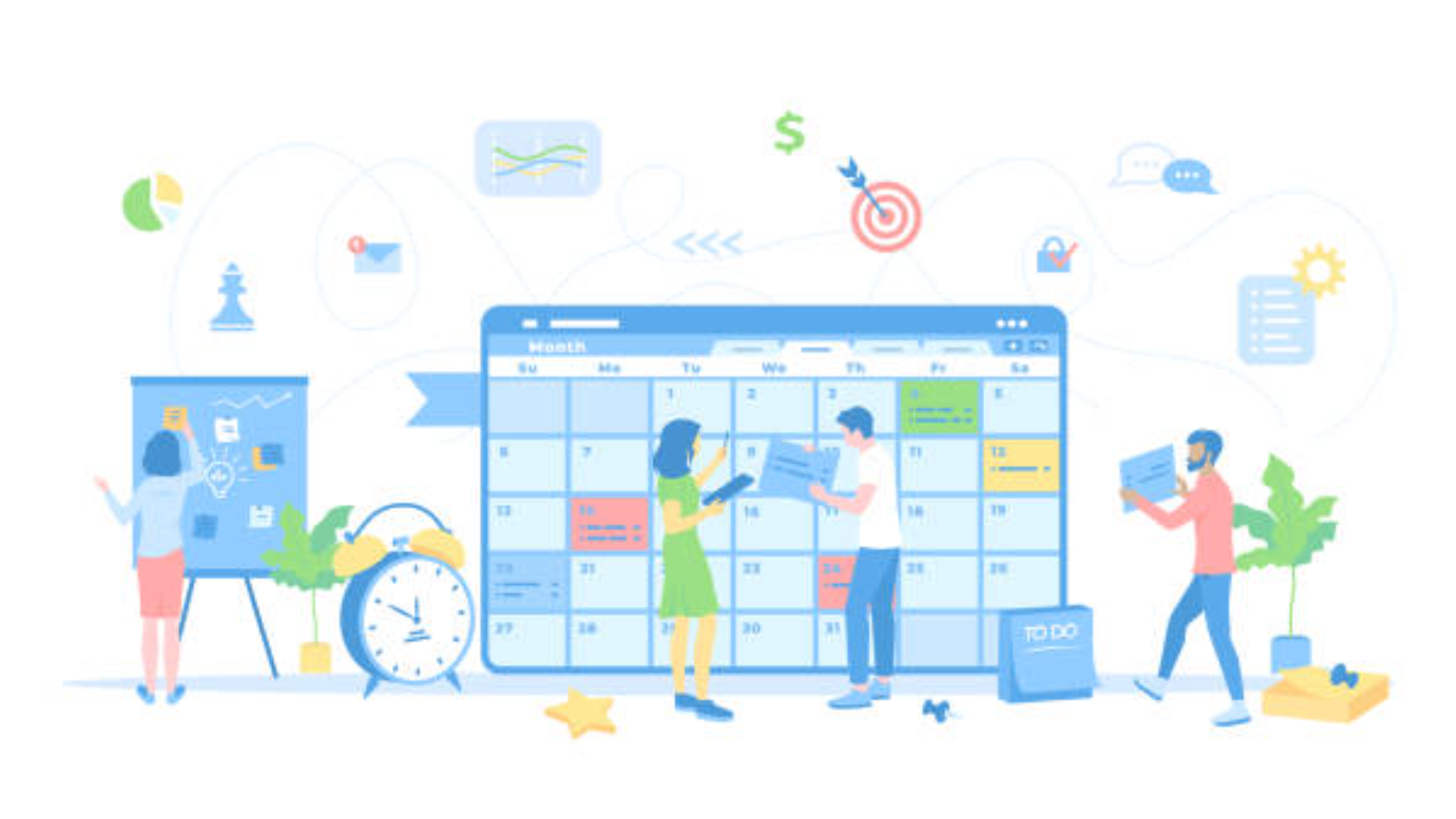Top 8 Social Media Platforms for Small Businesses: Who’s Watching and Why It Matters
Best Platforms for Small Business Growth in 2025

In 2025, having a strategic presence on the right social media platforms is no longer optional for small businesses. It’s essential for visibility, customer engagement, and sustainable growth. But with so many platforms out there, how do you know where to focus your efforts? This guide breaks down the top eight social media platforms, their core audiences, and how each aligns with different small business needs.
1. Facebook: The Community Builder
Audience: Adults aged 25–54, families, local communities
Best For: Local businesses, service providers, family-oriented brands
Facebook remains a powerhouse for small businesses looking to build strong community connections. Features like Groups, Events, and Facebook Marketplace make it ideal for local outreach and customer relationship building.
2. Instagram: The Visual Storyteller
Audience: Millennials, Gen Z, visually-driven consumers
Best For: Retail, fashion, beauty, lifestyle, food & beverage
With its focus on photos, Reels, and Stories, Instagram excels at visual storytelling. Small brands with strong aesthetics and product visuals thrive here, especially those targeting younger, trend-savvy audiences.
3. TikTok: The Viral Opportunity
Audience: Gen Z and Millennials, short-form content lovers
Best For: Creative brands, startups, entertainment, influencers
TikTok’s algorithm offers unparalleled reach potential, making it perfect for small businesses ready to experiment with fun, authentic content. It's the go-to for viral marketing and building brand personality.
4. YouTube: The Authority Builder
Audience: Broad demographics, tutorial seekers, long-form viewers
Best For: Educational content, product reviews, thought leadership
For small businesses looking to establish expertise, YouTube is unmatched. Tutorials, product demonstrations, and behind-the-scenes content help build trust and authority in your niche.
5. LinkedIn: The B2B Connector
Audience: Professionals, business owners, B2B decision-makers
Best For: B2B services, consultants, recruiters, SaaS companies
LinkedIn is essential for B2B businesses aiming to network, share industry insights, and generate leads. It’s ideal for professional services and business growth partnerships.
6. X (Twitter): The Real-Time Conversationalist
Audience: News junkies, professionals, niche communities
Best For: Tech, media, customer service, thought leadership
X (formerly Twitter) shines for real-time updates, engaging in trending conversations, and providing quick customer support. It's useful for businesses that thrive on news, opinions, and community interaction.
7. Pinterest: The Inspiration Engine
Audience: Women (70% of users), DIY enthusiasts, planners
Best For: E-commerce, home decor, crafts, wellness, food
Pinterest is a discovery platform where users plan projects and find inspiration. Small businesses with visually appealing products or tutorials can drive significant website traffic through Pins.
8. Threads: The Casual Community Space
Audience:
Instagram users seeking deeper conversations
Best For: Personal brands, community engagement, lifestyle niches
As an offshoot of Instagram, Threads offers a more casual space for businesses to engage in conversations and build a loyal community. It’s an emerging platform with growing relevance.
Why Being Present Matters
Each platform offers unique ways to reach specific audiences. Small businesses that maintain a strategic presence across relevant channels enjoy:
- Increased Visibility: Meet customers where they are most active.
- Stronger Engagement: Tailor content to platform-specific behaviors.
- Faster Growth: Leverage platform algorithms to expand reach organically.
In today’s digital landscape, diversification isn’t just smart—it’s necessary. A well-rounded social media presence helps small businesses stay visible, relevant, and competitive. Learn more on our
website.
